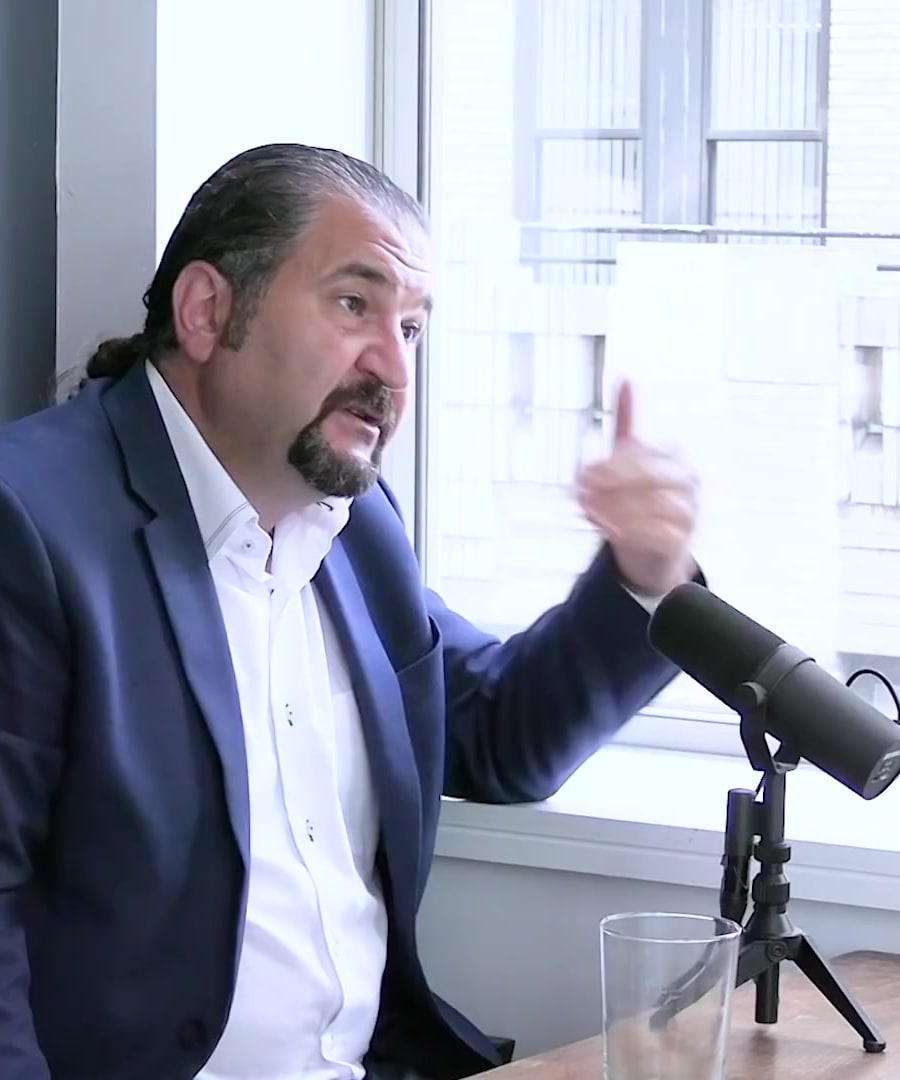Why is daylight saving time bad for our health?
Sources:
Daylight saving time disrupts our natural circadian rhythm, which can have various negative health effects. When the time shifts, it forces our bodies to adjust to a new light-dark cycle, which can be difficult, particularly since our society is already sleep-deprived. The disruption of a consistent sleep-wake pattern can accumulate and lead to issues, including impacts on mood and sleep quality. Adjusting to daylight saving time can make people feel groggy and reduce performance since our internal clocks take time to sync with the new time 1. and emphasize the importance of maintaining a consistent rhythm without the disruptive effects of daylight saving time.
also points out that areas that operate on daylight saving time all year round have shown more problems, such as higher cancer rates and increased depression 1. The discussion on the suggests that keeping consistent wake-up times, light exposure, meal times, and physical activity can help stabilize the circadian rhythm and reduce the negative impacts caused by the shifts in daylight saving time 2 3.
Therefore, daylight saving time does not align with natural seasonal light patterns and can disrupt the natural, symmetrical changes in day length, further complicating our body's ability to adapt and potentially worsening mental health problems 1.
Why is daylight saving time bad for our health?


